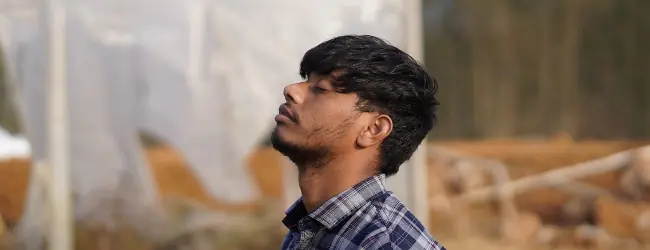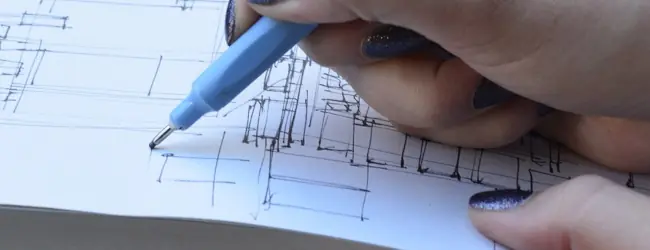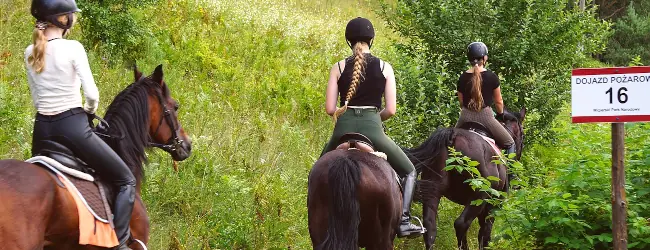Fortunately, I have a lot of things to do. They are all fun for me. But sometimes, we are exhausted by too many things to do. And we sometimes cannot stop them due to fear. So today, I will talk about a way to overcome the fear that “if I stop being patient even once, I will fall until I am completely ruined.”
How to stop overworking
Sometimes, we have hard times. We have a lot of things to do in our lives. We might have to work, prepare meals, sleep, clean up our rooms, contact people, repair broken items, shop for groceries, or learn skills for the future. So we cannot make time for doing fun things.
These many tasks make us confused. And we sometimes feel like crying in such a confusing situation.

People might say, “You should plan! Planning is important!” But it is often nonsense because we cannot add more tasks, even if it is a learning plan.
Or some people might say, “You should take a rest! Rest is important!” But it also doesn’t work because we fear being lazy.
Fear of being lazy
We sometimes worry that if we stop being patient even once, we will be lazy people forever. Perhaps the more we live with only patience, the more we tend to feel so.
But hold on, why do we feel that way? We should be able to modify the amount of our work flexibly.
So today, I will explain why we fear: “If I stop being patient even once, I will fall infinitely.” If we understand this mental work, we might be able to reduce unnecessary things more flexibly.

The difference between patience and motivation
To explain it, let me explain the difference between patience and motivation.
- Patience: The short-term, strong power to overcome problems. But we believe patience is the only or best way to accomplish the goal. So, we eliminate other options and stick to being patient.
- Motivation: The middle-term power to overcome problems. We believe many approaches could lead to the goal. So, we can do trial and error with our creativity.

Patience eliminates other options
When we are patient, we tend to feel, “I don’t want to give up even a single thing.” This is because we stick to being patient. “Being patient” means we can choose only one option: “Go forward with patience or not.” Other options mean inferior things, such as failure, loss, weakness, or escape.
So, we stick to doing all our tasks perfectly when in such a state.
And sometimes, we keep our number of tasks up until we can just barely do them if we work hard. Because it is the best state of “being patient.”

In other words, we believe that only being patient leads us to happiness. So we keep the state of “I can just barely do them if I do them hard” with our great planning.
We can also go with our motivation
But we can also go with our motivation instead of patience. When we follow our motivation, we accept our waves of moods. It means there could be many ways to accomplish our goals. Working is a way. But rest is also a way. Taking time to think is a way, too. “Being patient until the limit” is just one of many ways.
So, we can do many trials and errors if we go with motivation.

“Giving it up” is the key
To change our style from patience to motivation, we can “increase” our tasks instead of reducing them because we can give up unnecessary things. If we have an impossible amount to do, we are bound to prioritize things and give something up.
And if we give something up, it means giving up being patient at the same time. We will throw away unnecessary things one after another and stop being patient completely. Surely, it means “fall infinitely” if we view it from the perspective of patience.

But we can live in another way: with motivation or a better environment. This wisdom is the key.
So, if we want to stop being patient, add more motivational things, such as fun, interesting, or enjoyable things. Or add environmental knowledge, such as history, the world, or cultures.
And they give us a long-term perspective. If we view our tasks from a long-term perspective, we will find many things that don’t matter in our lives. Our short-term, superficial success or victory is a little thing. People, including ourselves, will forget such a short-term victory soon.
The bottom line
So, when we have a lot of hard things to do, it could be easier if we increase them more—not reduce them.
Patience is good in the short term. But we don’t have to be afraid of such short-term things. We can live in another way.
If we understand these ways, we might be able to throw away unnecessary tasks and live more comfortably.
Thank you for reading this article. I hope to see you at the next one.


